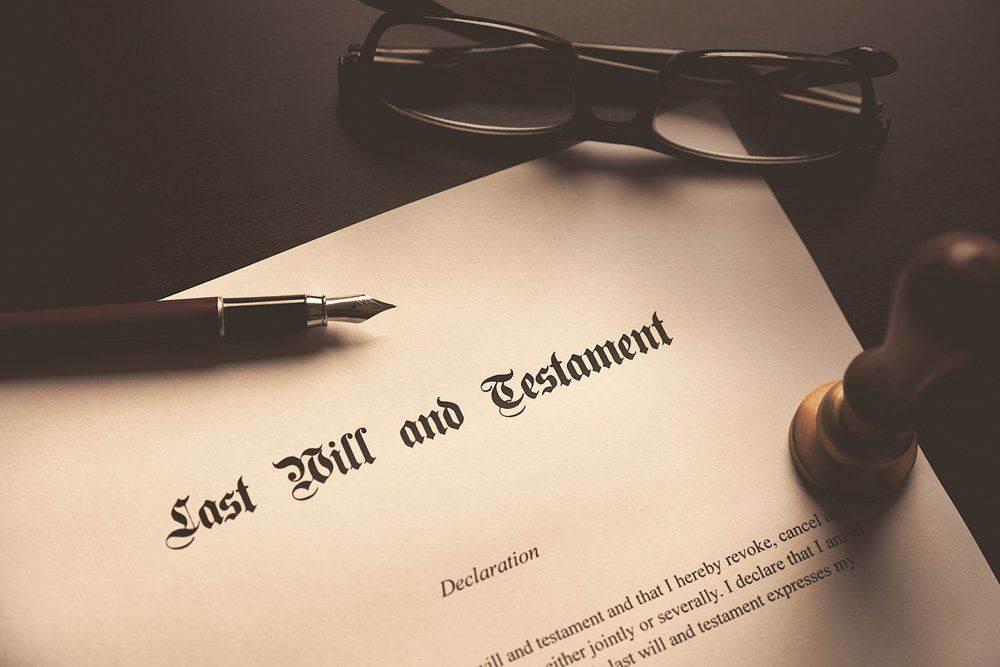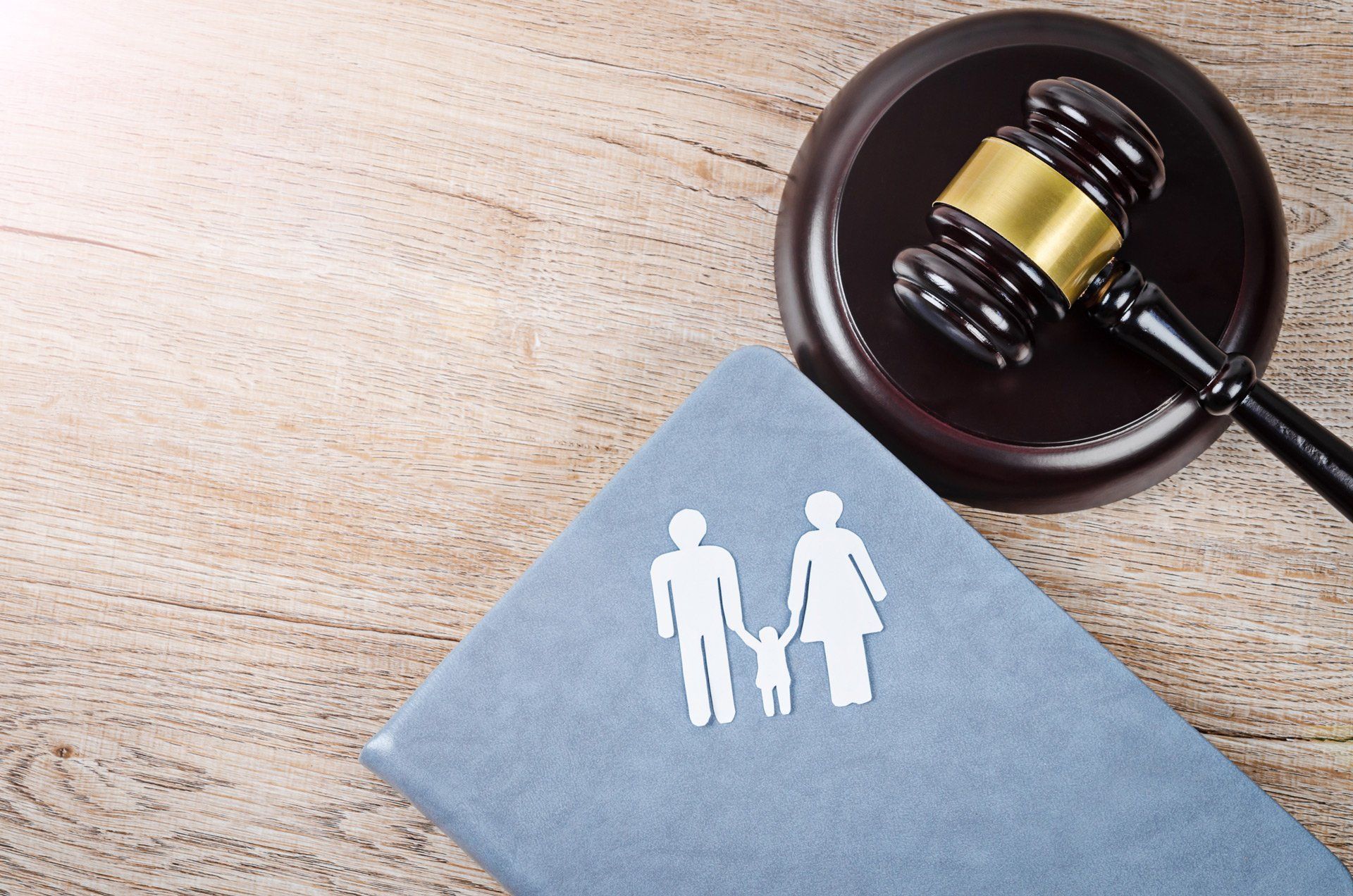Beneficiaries Who Deserve Special Treatment During Estate Planning
- By Admin
- •
- 05 Nov, 2020
- •

A good estate plan doesn't treat all beneficiaries the same. Some beneficiaries deserve special treatment. Below are some of these beneficiaries.
Minor Children
Most minor children are financially dependent on their parents or guardians. At the same time, minor children cannot own property directly. Thus, you must leave some properties for your minor children in your estate plans. Use these tips to help you care for your minor children's interests:
Beneficiaries With Special Needs
Loved ones with special needs also need protection, especially if their situation limits their earning capabilities. One of the best ways to care for a person with special needs is to create a special needs trust. The special needs trust holds the beneficiary's assets so that they don't interfere with the beneficiary's eligibility for public benefits.
You need a trustee for the special needs trust. The trustee can be an individual or an organization, such as a bank. The trustee manages and distributes the assets in the trust according to your guidelines.
Noncitizen Spouse
The basic estate planning guidelines apply whether your spouse is a noncitizen. However, a few challenges may arise. Some examples might be:
The next best solution is a qualified domestic trust (QDOT). The property you want to give your spouse goes to the trust. Your spouse benefits from the income that the trust generates, which is not subject to estate tax. Your spouse only pays estate tax if they receive the principal assets of the trust.
Financially Irresponsible Heirs
Some of your heirs, such as your children, might not be as financially responsible as you want them to be. Such children might misuse their inheritance and remain destitute a short while after your demise. Luckily, you can use estate-planning tools to protect such heirs from themselves. The best method is to use a trust, and the following trusts fit the purpose.
Incentive Trust
The trust comes with conditions that the heir must meet to receive the trust's distributions. For example, you can state that a child will only enjoy the distributions if they don't drop out of school.
Annuity Trust
In this case, the heir doesn't get a lump sum payment. Rather, they receive regular payments spread over a period. That way, a financially irresponsible heir cannot use their entire inheritance.
Spendthrift Trust
The management and distribution of the trusts' assets rest squarely on the trustee. The trustee determines when and how much to give the beneficiary money.
The above are just a few examples of trusts you can use. Talk to your estate planning lawyer for other options. Estate planning requires careful thought. Estate planning laws also tend to be complicated. Contact The Law Office of Carla D. Allen to help you plan your estate according to existing laws.
Minor Children
Most minor children are financially dependent on their parents or guardians. At the same time, minor children cannot own property directly. Thus, you must leave some properties for your minor children in your estate plans. Use these tips to help you care for your minor children's interests:
- Include a guardianship of the person to have physical custody of the children and provide for their physical needs.
- Include a guardianship of the estate to manage the child's physical assets.
- Create a trust fund for the children to protect their inheritance.
Beneficiaries With Special Needs
Loved ones with special needs also need protection, especially if their situation limits their earning capabilities. One of the best ways to care for a person with special needs is to create a special needs trust. The special needs trust holds the beneficiary's assets so that they don't interfere with the beneficiary's eligibility for public benefits.
You need a trustee for the special needs trust. The trustee can be an individual or an organization, such as a bank. The trustee manages and distributes the assets in the trust according to your guidelines.
Noncitizen Spouse
The basic estate planning guidelines apply whether your spouse is a noncitizen. However, a few challenges may arise. Some examples might be:
- Gifts (during your lifetime) to the noncitizen that might trigger tax claims
- Gifts at death that might not trigger the unlimited marital deduction that citizens enjoy
The next best solution is a qualified domestic trust (QDOT). The property you want to give your spouse goes to the trust. Your spouse benefits from the income that the trust generates, which is not subject to estate tax. Your spouse only pays estate tax if they receive the principal assets of the trust.
Financially Irresponsible Heirs
Some of your heirs, such as your children, might not be as financially responsible as you want them to be. Such children might misuse their inheritance and remain destitute a short while after your demise. Luckily, you can use estate-planning tools to protect such heirs from themselves. The best method is to use a trust, and the following trusts fit the purpose.
Incentive Trust
The trust comes with conditions that the heir must meet to receive the trust's distributions. For example, you can state that a child will only enjoy the distributions if they don't drop out of school.
Annuity Trust
In this case, the heir doesn't get a lump sum payment. Rather, they receive regular payments spread over a period. That way, a financially irresponsible heir cannot use their entire inheritance.
Spendthrift Trust
The management and distribution of the trusts' assets rest squarely on the trustee. The trustee determines when and how much to give the beneficiary money.
The above are just a few examples of trusts you can use. Talk to your estate planning lawyer for other options. Estate planning requires careful thought. Estate planning laws also tend to be complicated. Contact The Law Office of Carla D. Allen to help you plan your estate according to existing laws.
Irresponsible estate planning could increase strife in your family. If you are concerned about potential disputes, use these tips to minimize the risks.








